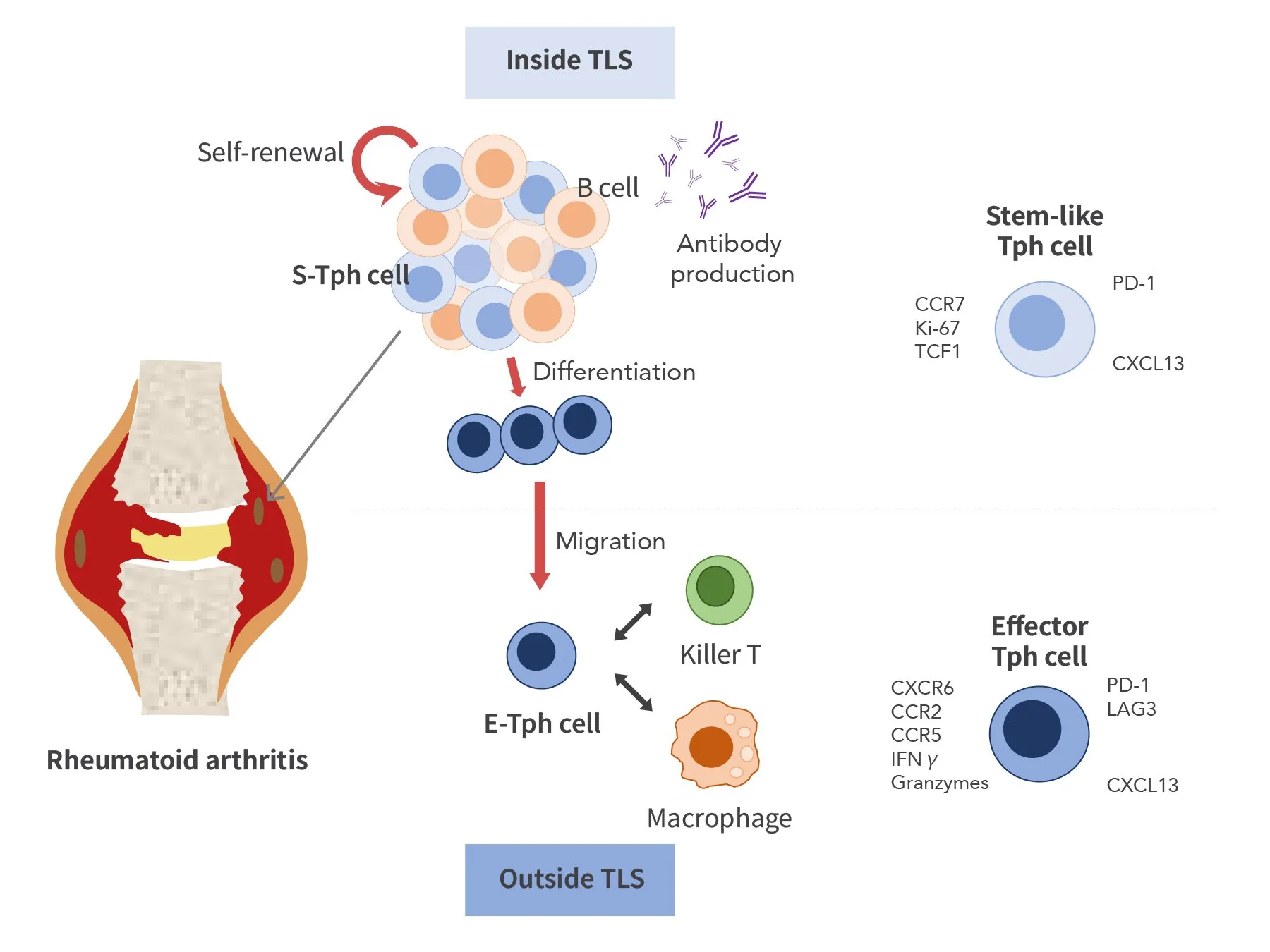Understanding Rheumatoid Arthritis and Treatment Challenges
Rheumatoid arthritis (RA) is a chronic autoimmune disease impacting countless individuals globally. This condition can significantly diminish a person’s quality of life. Unfortunately, a considerable number of patients, approximately one-third, experience limited success with currently available treatments.
The Impact of Rheumatoid Arthritis
RA doesn’t just cause joint pain; it’s a systemic disease that can affect various organs. Symptoms often include:
- Joint swelling and stiffness
- Fatigue and weakness
- Fever
- Loss of appetite
The severity of these symptoms can fluctuate, making daily life unpredictable and challenging.
Why Current Treatments Fall Short
While numerous medications are available to manage RA, they aren’t universally effective. Several factors contribute to this:
- Individual Variability: RA manifests differently in each person, meaning a treatment that works for one may not work for another.
- Disease Complexity: RA is a complex autoimmune disorder, and fully understanding its underlying mechanisms remains a challenge.
- Drug Resistance: Over time, some patients develop resistance to certain medications, reducing their effectiveness.
Exploring Alternative Approaches
Given the limitations of existing treatments, researchers are continually exploring new and innovative approaches to managing RA. This includes:
- Targeted Therapies: Developing drugs that specifically target the immune cells or pathways involved in RA.
- Personalized Medicine: Tailoring treatment plans based on an individual’s genetic makeup and disease characteristics.
- Lifestyle Modifications: Investigating the role of diet, exercise, and stress management in managing RA symptoms.
Final Overview
Rheumatoid arthritis remains a significant health challenge. The fact that a substantial portion of patients don’t respond well to current treatments underscores the need for continued research and the development of more effective and personalized therapies. As our understanding of RA deepens, there is hope for improved outcomes and a better quality of life for those affected by this debilitating disease.




+ There are no comments
Add yours